New annual poll from Gallup on who America’s most trusted institutions are – and it’s almost entirely bad news for the Left.
Topping the list? Five institutions consistently targeted and mistrusted by the Left: (1) the military (trusted by 76%), (2) small business (66%, the only other institution over 60), (3) the police, (4) church/organized religion, and (5) the medical system. The bottom? Congress (11% – “half of Americans now say they have ‘very little’ or no confidence in Congress, up from 38% in 2009 — and the highest for any institution since Gallup first asked this question in 1973” [i.e., when the Presidency was at the height of Watergate and the military at the end of Vietnam]), and near the bottom organized labor and TV news. The institution to take the biggest hit since last year’s poll? The presidency (down from 51% to 36% – gee, I wonder who’s responsible for that). The only institutions to improve by more than a point? The medical system and big business. Note that churches still poll far ahead of public schools (universities were mercifully exempted from the poll).
(Methodological note: this is a poll of all adults, and thus is likely to skew more to the left than a sample of registered or likely voters, as Neil Stevens noted yesterday in looking at Gallup’s switch from polling registered voters to adults on the generic Congressional ballot).
Liberals can take comfort that big business and HMOs are still broadly mistrusted and thus make for useful scapegoats, but the bottom line here is the public remains much more in tune with the conservative view of what institutions are most and least worthy of trust.
Lesson for the Right? Well, all institutions are human and necessarily flawed both by their humanity and by the dynamics of any institution, particularly large ones. But the Right is on solid ground supporting the institutions to which public remains broadly willing to give the benefit of the doubt.
But as always, the GOP in particular should remember not to be the party of big business, but rather the party of free markets. That means sometimes defending big business against unreasonable attacks, but it also means remembering what the public instinctively knows and what economic theory predicts: large businesses are necessarily self-interested, and their interests are not always the same as the pro-free-market position. Indeed, much of what needs to be done in Washington over the next few years is not just saving businesses large and small from the predations of government, but specifically disentangling the unhealthy rent-seeking relationships between and among big government, big business and big labor.




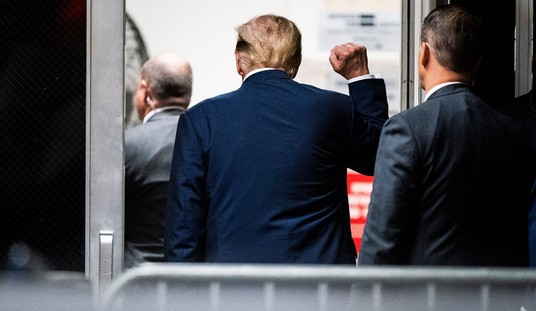
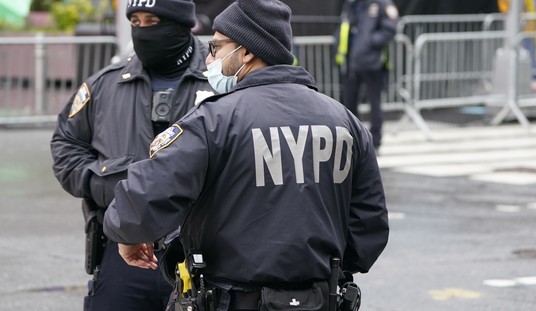

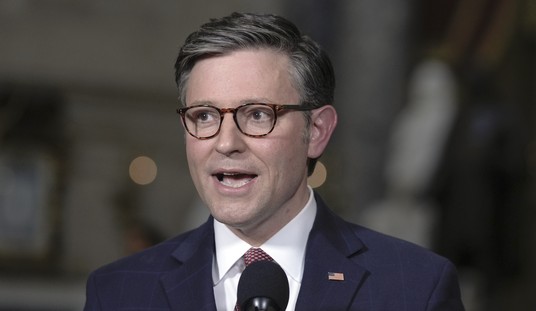

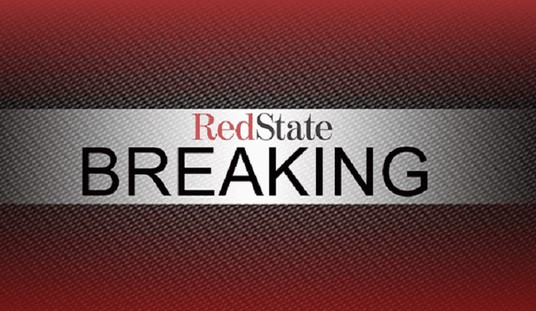


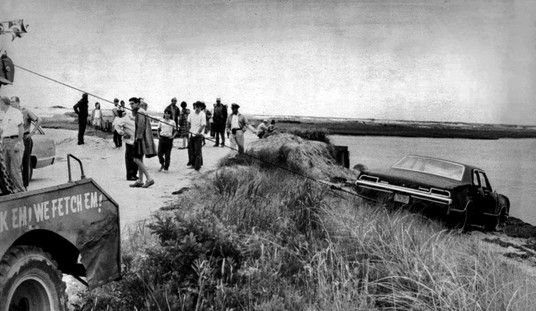
Join the conversation as a VIP Member